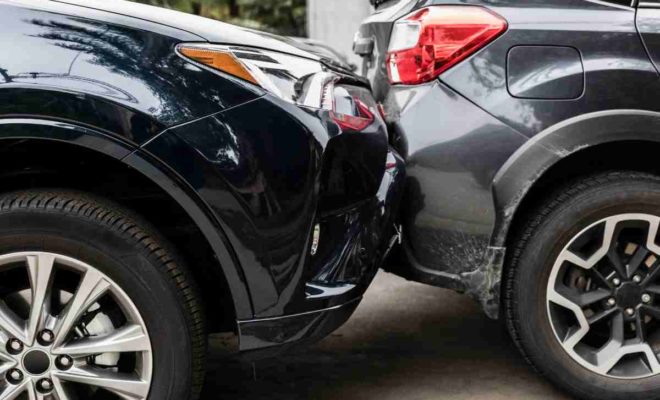Colorado Car Insurance: What You Should Know as a Car Owner

If you’ve recently moved to Colorado or just got a car there, here’s what you should know about your auto insurance options
When COVID-19 made my job remote a year ago, I jumped at the chance to move from Oakland, California to rural Colorado. I love looking out the window every morning and seeing snow-capped mountains and blue skies instead of buildings and smog.
There’s just one problem: the hailstorms.
Before I moved to Colorado, I honestly had no idea hail storms were so frequent here. I didn’t know anything about hail, and I didn’t even think about its effects on cars. Unfortunately, this led to me sustaining hail damage on my car a couple of months ago when I left it out unprotected one night.
While trying to get car hail damage repair, I inadvertently ended up doing a ton of research on Colorado auto insurance policies.
So, if you are in a similar situation as I was, or if you just want to learn for future reference, here are the most important things you need to know about car insurance in Colorado:
Minimum Car Insurance Requirements in Colorado
Colorado car owners are required to have liability insurance that covers bodily injury or property damage in at-fault accidents. The minimum coverage amounts you must have are as follows:
- $25,000 for bodily injury or death to any one person in an accident
- $50,000 for bodily injury or death to all persons in any one accident
- $15,000 for property damage in any one accident
Remember, you can always purchase coverage for higher amounts, but these are the absolute minimum amounts required by law.
It’s also important to note that when it comes to hail damage on a car, regular insurance won’t cover it.
To cover hail damage and other damage related to natural events, you will need to get comprehensive coverage.
What Are the Coverage Options?
When you live in Colorado, you get to pick from most of the standard insurance providers that operate in the US. Some popular options are Geico, State Farm, Esurance, and American National. The Colorado Farm Bureau also offers auto insurance.
Colorado also allows the option of choosing self-insurance for any individual that has 25 vehicles or more. You must also have the funds to pay the minimum coverage yourself. In order to pursue this option, you must apply for a certificate of self-insurance through the state Insurance Commissioner.
What Happens If You Don’t Have Insurance?
If you fail to get the minimum insurance coverage required by the state, you will, of course, be financially liable for damage from any accident you’re in—whether big or small.
You will also face legal charges. In Colorado, driving without insurance is a Class 1 misdemeanor. This means penalties could involve fines of at least $500 (and sometimes $1,000+) in addition to up to 40 hours of community service, or up to a year of jail time.
What Affects Car Insurance Rates?
Car insurance isn’t billed at a flat rate for everyone. There are many factors that are taken into consideration when providers calculate your rate. Some common factors are:
- Age
- Credit score
- Driving record
- Gender
- Marital status
- Coverage level
Your rates are also impacted by the state you live in, as different states have different minimum coverage requirements. Colorado, for example, is 0.6% more expensive than the national average, so insurance rates come in at an average rate of $1,435 per year.
What Else Should You Know?
There are several other things you should keep in mind when driving in Colorado.
For one, Colorado is an at-fault state. This means that if you are a victim of an auto accident—and it’s not your fault—the other driver’s insurance is liable to pay for your injuries and damage. This is different from a no-fault state, where your own insurance covers your injuries.
Other things you should keep in mind include a few Colorado-specific driving laws that might not apply in other states.
These include:
- A 2009 ban on motorists who are 18 or younger using a cell phone at all times.
- A 2013 driving under the influence amendment that includes illegal limits of THC, the active ingredient in cannabis.
- A 2014 reinstatement of a motorist’s right to contest reasonable suspicion for a DUI stop.
Conclusion
Whether you’ve been a Colorado resident for years or have moved here recently, it’s important to know all the rules on driving and auto insurance.
You don’t want to get caught uninsured during an accident or damage-causing weather phenomenon—especially an unexpected one like hail damage.















